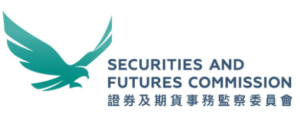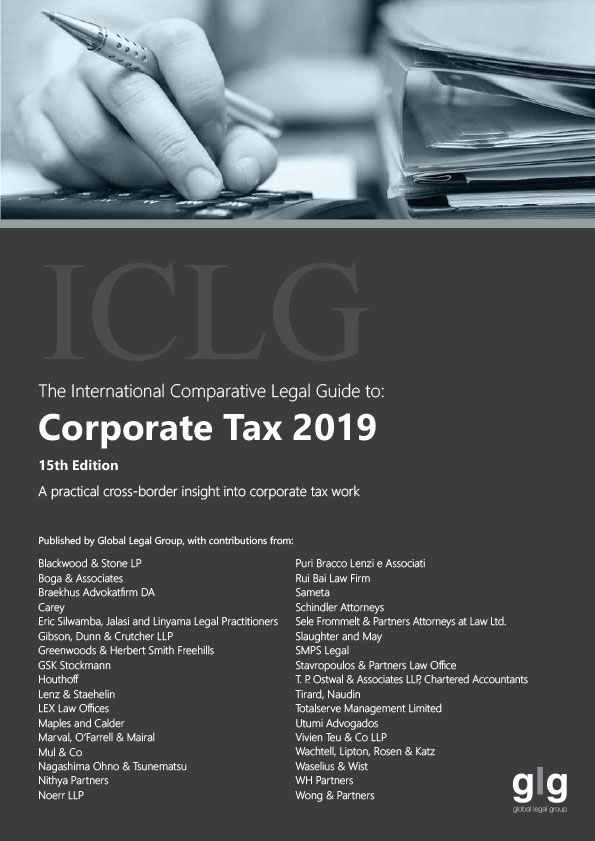The Hong Kong Securities & Futures Commission (SFC) today issued a statement and an accompanying circular setting out a new regulatory approach on virtual assets, referred to as a “digital representation of value” (encompassing “cryptocurrency”, “crypto-assets” or “digital token”).
The statement outlines the SFC’s new measures to regulate investment or portfolio management or distribution of investment products that involve investing in virtual assets, including licensing conditions that could apply irrespective of whether the virtual assets meet the definition of “securities” or “futures contract” (licensing requirements for engaging in type 1 regulated activity of dealing in securities and/or for engaging in type 9 regulated activity of asset management could apply).
It is intended to address risks that virtual assets pose to investors, and to “encourage the responsible use of technologies and also provide investors with better choices and better outcomes”, in the words of Mr Ashley Alder, the SFC’s Chief Executive Officer.
This may be seen as the SFC taking needed cautious measures on a new risky asset class, bringing virtual assets clearly within its regulatory scope.
At the same time, the SFC has introduced a conceptual framework for the potential regulation of virtual asset trading platform operators”. According to the SFC, the new regulatory framework is intended as a “conceptual framework to explore a pathway for compliance for virtual trading platform operators who are willing to be supervised by us”.
As such, the framework could be a welcomed and strategic step for Hong Kong in the growing virtual and digital assets world. The SFC conceptual framework lays down the core principles and expected platform and trading terms and conditions that shall apply, for exploring virtual trading platforms in SFC regulatory sandbox environment.
The key principles include requiring all virtual asset trading activities to be conducted under a single legal entity and compliance with all applicable requirements by the entire virtual asset trading business, and that the services of virtual trading platform operator should be provided only to “professional investors”.
Recently, the SFC has launched a new logo of a soaring eagle, which may suggest a lift-off to a new era, while the SFC emphasises its unceasing vigilance on new risks.
To discuss this subject matter, please contact:
Vivien Teu (Email: vivien.teu@vteu.co; Tel:+852 2969 5316)
Links to:
Statement on regulatory framework for virtual asset portfolio managers, fund distributors and trading platform operators
Circular to intermediaries – Distribution of virtual asset funds
Regulatory Standards for lincensed corporations managing virtual asset portfolios
Conceptual framework for the potential regulation of virtual asset trading platform operators



